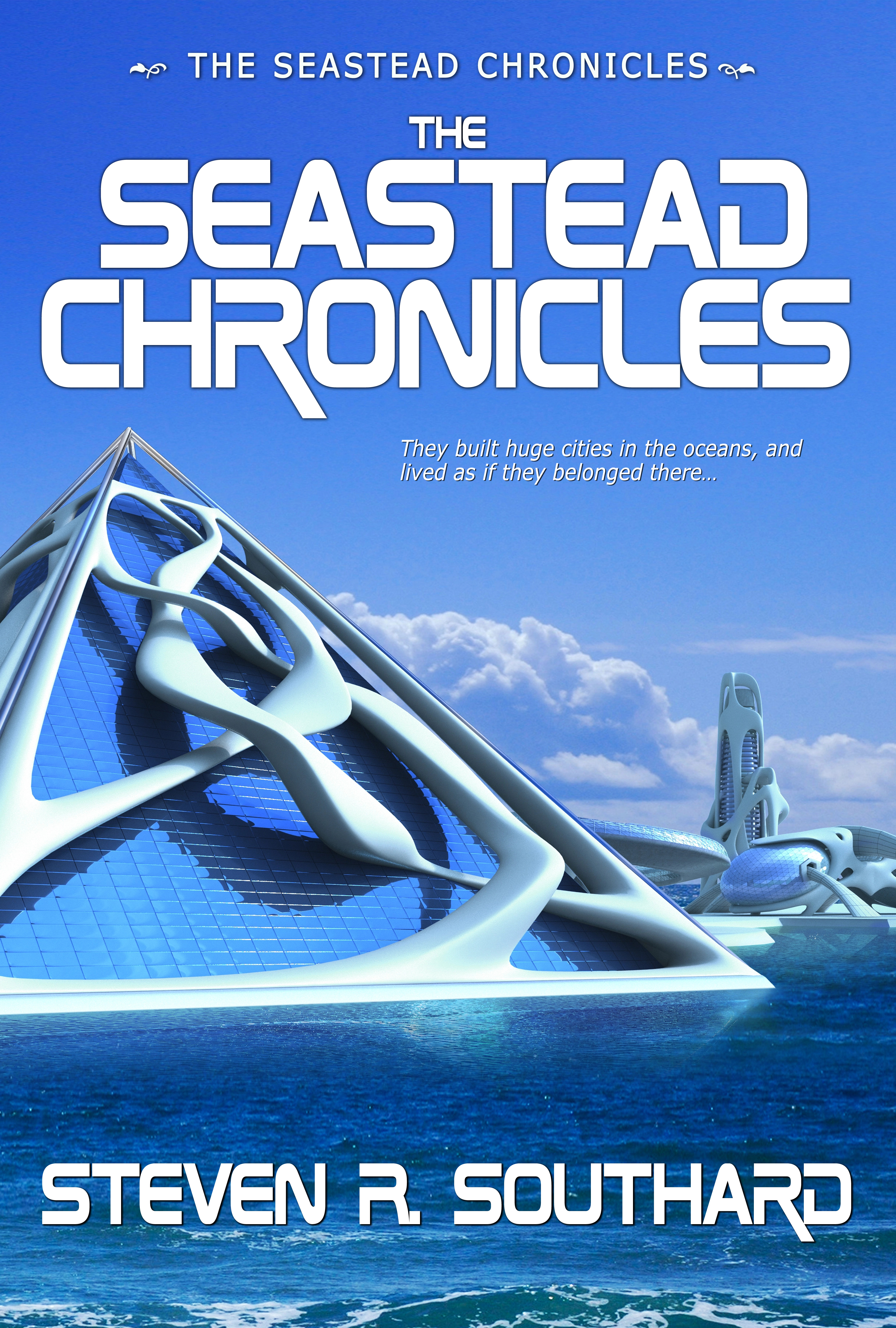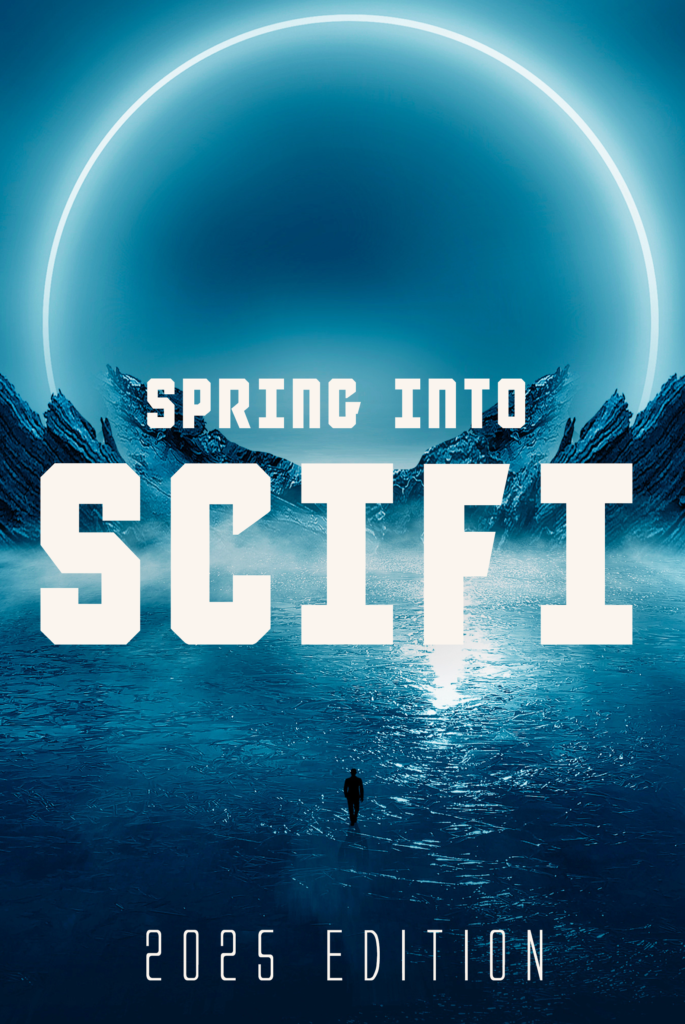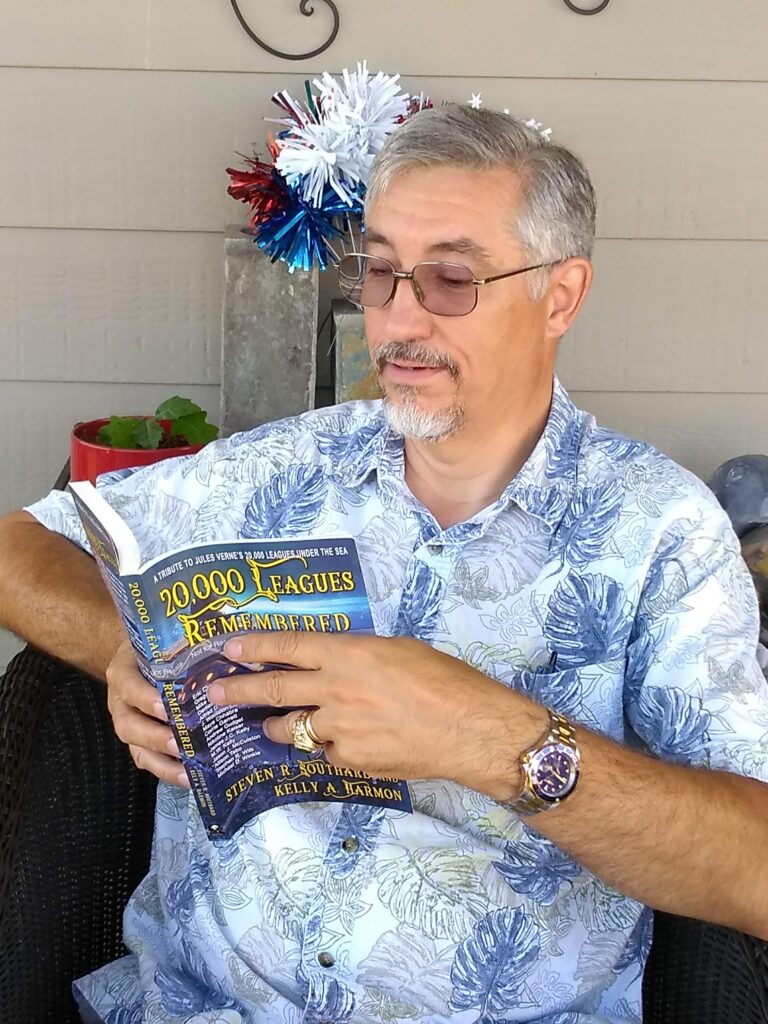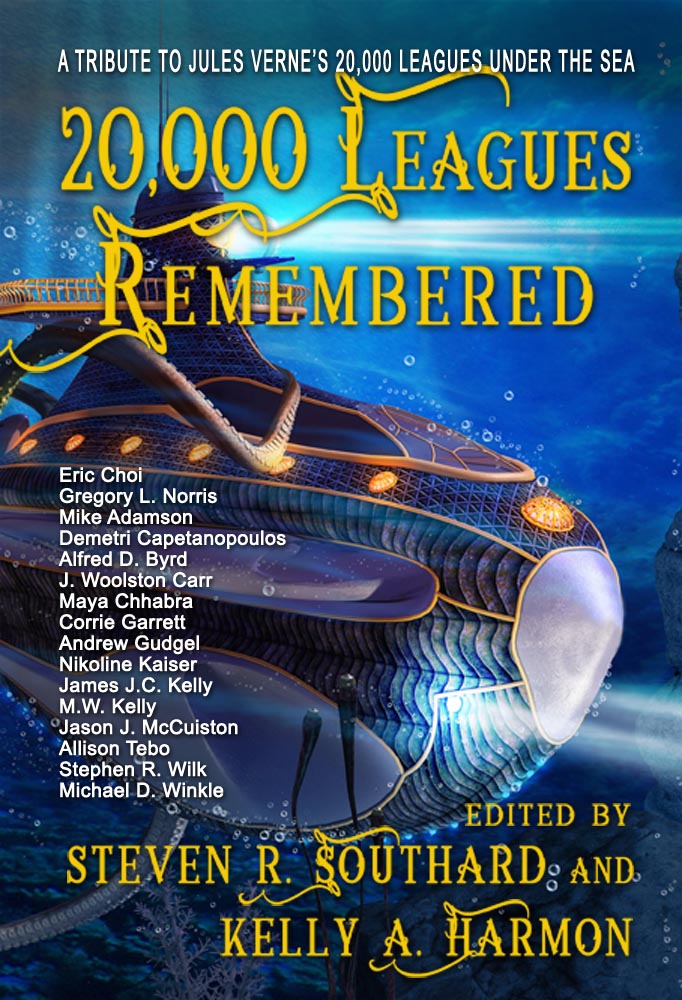What do you call a book-length collection of short stories? An anthology, a fix-up novel, or a short story cycle? Let’s explore the terms and see which applies to my recent book.
Definitions
For an anthology, a compiler or editor groups stories, poems, plays, or songs together. Often, they share a common theme, but the pieces need not have been written by the same author.
In a fix-up novel, individual short stories by the same author appear in the same novel. The author may have written them with no thought of grouping them later, so may have to alter (fix them up) to get them to fit well together.
When an author writes short stories intending to combine them later, we call that a short story cycle. In these books, each chapter stands alone as its own story, but fits with the others to tell a larger story.
What About The Seastead Chronicles?
My recent book contains short stories, all written by me. They all involve seasteads—permanent dwellings located at sea. When I began writing them, I did so out of fascination with the concept, hoping to get them published separately. As I wrote more, I dreamed about publishing them together. I began to visualize overall themes and an encompassing story arc. Therefore, I’d classify the book as a short story cycle.
I intended to tell the story of humankind moving to a new home, the sea. People have moved to new places before, and it changed them. When early humans spread across the world tens of thousands of years ago, they settled in various spots and developed different languages and cultures. When European-Americans spread to the western part of the American continent, they created new music and distinct ways of living.
In The Seastead Chronicles, I aimed to tell that story of how, when humans settle in a new place to change it, it also changes them. However, unlike the 19th Century conquering of the West, and unlike Ray Bradbury’s The Martian Chronicles, those who settled the oceans would not displace people or any sentient beings.
Some might think people who live in the oceans would kill and eat all the fish and other sea creatures. I didn’t see it that way. Modern economics negates the idea of hunting down and killing the last dodo. All animal species benefit if they serve some economic benefit to people, either as a food source, a tourist attraction, a sacred animal, or something else. People strive to preserve valuable animals and prevent their extinction.
Through my stories, I meant to convey the story of colonization, from tentative early attempts, the declaration of owned ocean sectors, the adverse reactions of land countries, the search for seabed mineral resources, the disputes and wars over territory, and the creation of a new culture with its own art, music, and religion.
Completing the Cycle
I’m working on novels now, and later books in the Seastead Chronicles series will take that form. Prior to this, I wrote short stories. I rarely wrote them in the same world or with the same characters as earlier stories. They each stood alone. But while writing the seastead tales, I came to regard them as related and part of a larger whole.
Moreover, I’ve created a world to explore. Each aquastate (nation in the ocean) comes with its own culture, resources, form of government, relations with neighboring aquastates, etc. Each gets populated by people from different land nations, with different motivations. That world gives me plenty of room for my imagination to craft stories of varying lengths, from short stories through novellas to novels.
For now, we begin exploring this world with The Seastead Chronicles, a short story cycle by—
Poseidon’s Scribe






